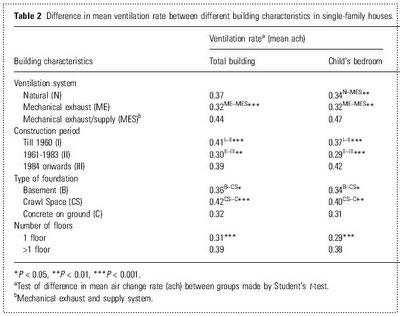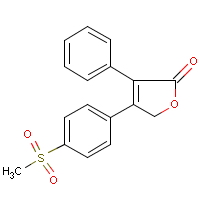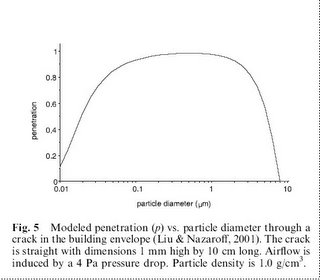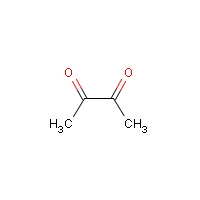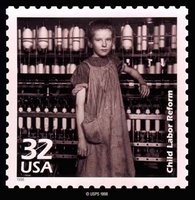-
J Stud Alcohol. 2005 Jul;66(4):488-96. 
Marital quality and congruent drinking.
Homish GG, Leonard KE.
Research Institute on Addictions, University at Buffalo, The State University of New York, 1021 Main Street, Buffalo, New York 14203-1016, USA. ghomish@ria.buffalo.edu
OBJECTIVE: This research considered whether changes in marital quality over the early years of marriage were related to patterns of alcohol use among three groups of couples: congruent nondrinkers, congruent drinkers who usually drank with their spouses and congruent drinkers who usually drank apart from their spouses. METHOD: Newlywed couples (N = 418) were assessed for marital satisfaction and drinking behaviors and then were reassessed at their first and second anniversaries. Cross-sectional analyses compared couples at each assessment and multilevel modeling assessed changes in marital satisfaction over time. RESULTS: At each assessment, husbands and wives who usually drank with their partners reported greater levels of marital satisfaction. Over time, marital satisfaction declined for both husbands and wives. When we assessed changes in marital quality based on the three groups, husbands in each group experienced similar declines in marital quality. Among wives, however, the rate of decline was not the same. Although wives in the nondrinking group and wives who usually drank with their husbands had similar initial marital satisfaction, the nondrinkers experienced a greater decline in marital satisfaction than the wives who drank with their husbands. The rate of change for the wives in the nondrinking group was quite similar to wives who more often drank apart from their spouses. CONCLUSION: These findings suggest that alcohol use may be a part of the couple's socializing and may increase interaction, thereby increasing marital satisfaction.
BrooklynDodger(s) Comments: This paper came up in a search on alcohol and substance
 abuse and occupational injury. There's all kinds of journals in this area which occupational health folks don't necessarily access. It would appear the main finding here would be declining marital satisfaction, with drinking together an effect modifier reducing the decline.
abuse and occupational injury. There's all kinds of journals in this area which occupational health folks don't necessarily access. It would appear the main finding here would be declining marital satisfaction, with drinking together an effect modifier reducing the decline.




